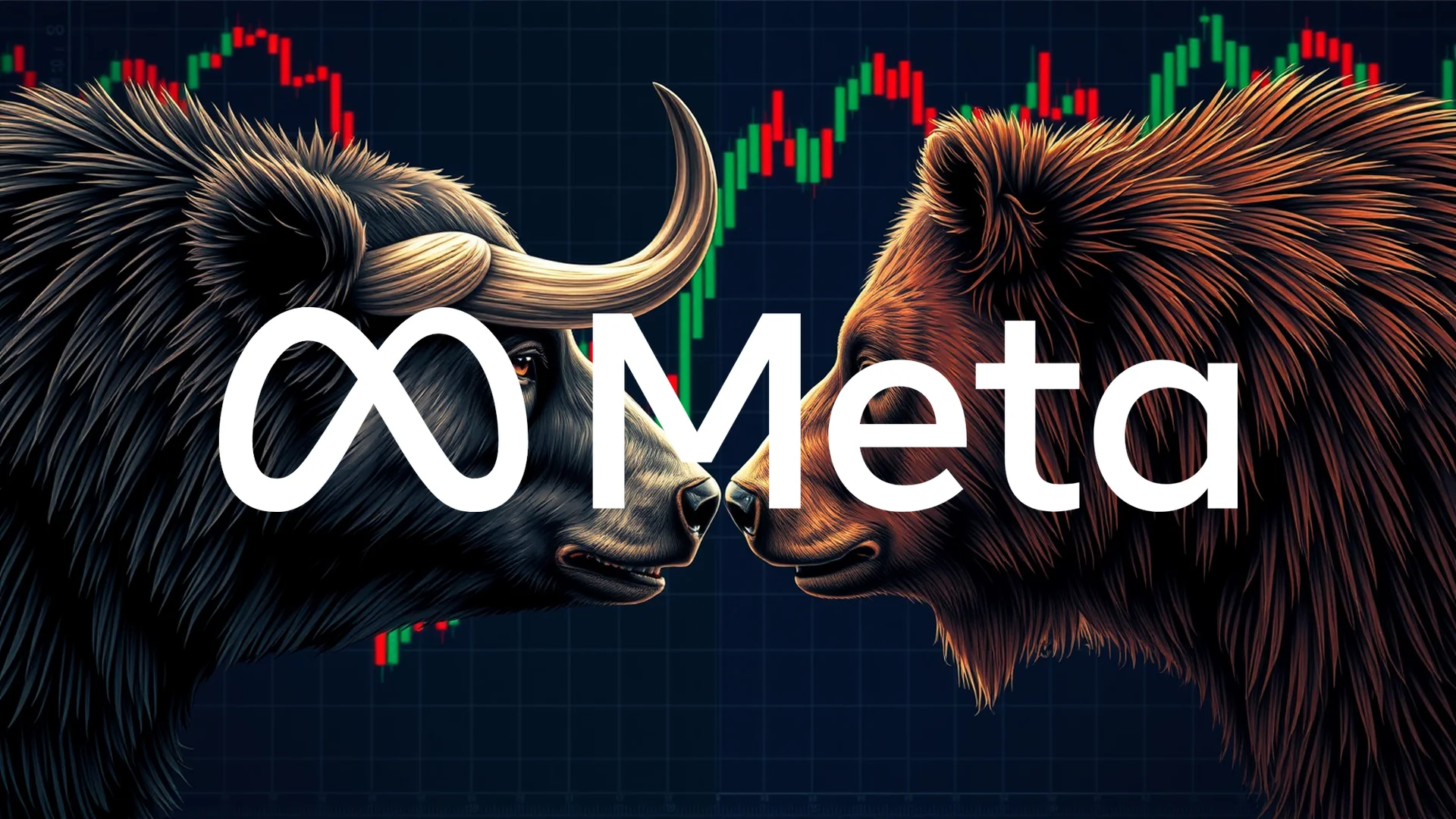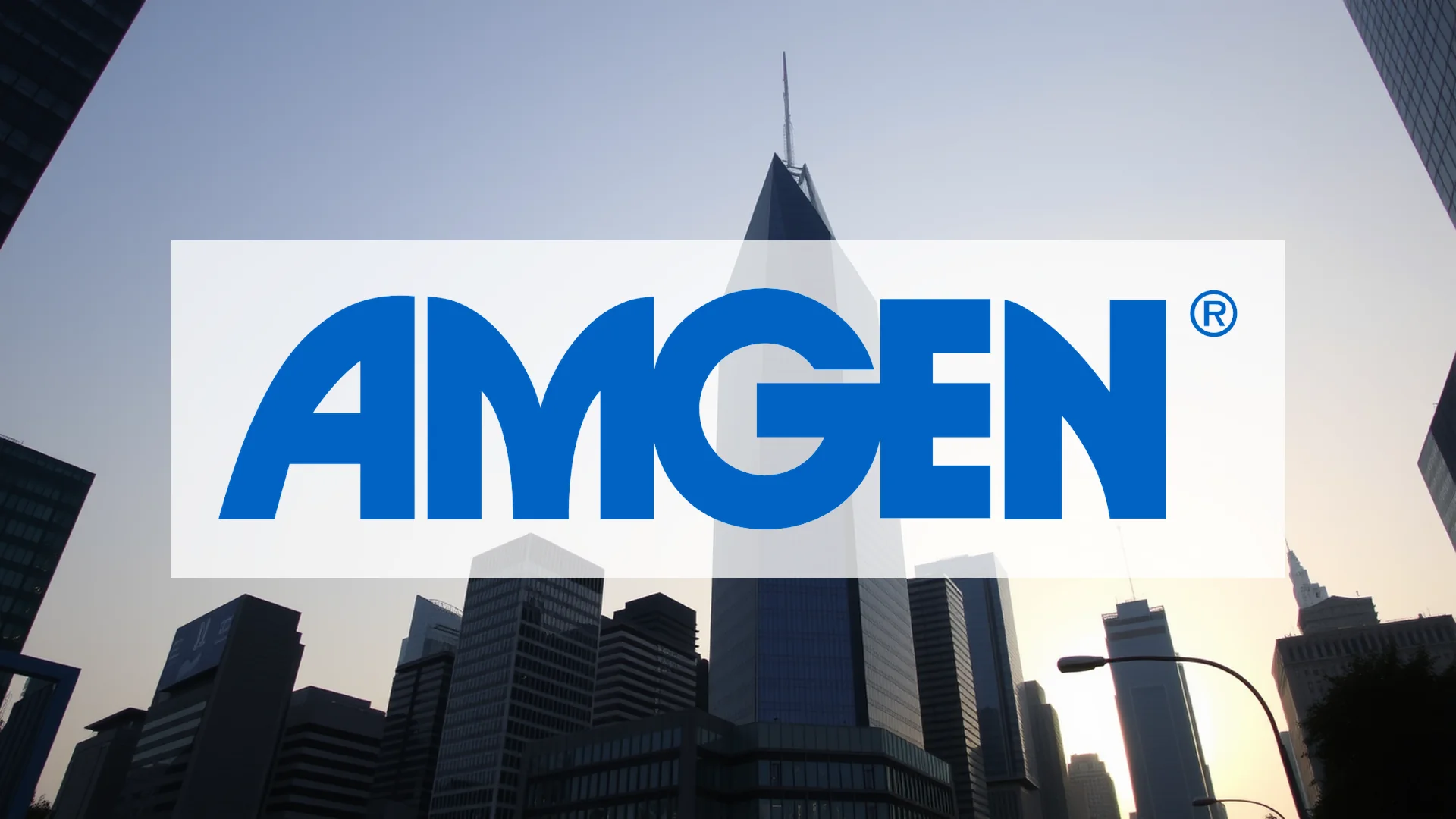Meta finds itself at a critical inflection point as Chief Revenue Officer John Hegeman announces his departure after 17 years with the company. His exit comes during a particularly challenging period where massive artificial intelligence investments have yet to yield returns, and the company’s stock has surrendered nearly all its year-to-date gains. This leadership change raises fundamental questions about whether Meta’s growth story is faltering or if this represents a painful but necessary realignment toward its superintelligence ambitions.
Executive Reshuffling During Strategic Pivot
The veteran executive, who most recently oversaw Meta’s entire advertising operations, plans to launch his own startup venture. His responsibilities will be redistributed among existing leadership: Andrew Bocking will assume control over advertising products and business messaging, while Naomi Gleit—the company’s longest-serving employee after CEO Mark Zuckerberg—will spearhead AI-driven business initiatives and new revenue streams.
This management restructuring coincides with one of Meta’s most capital-intensive periods. The company is deep into an aggressive AI expansion strategy whose ultimate success remains uncertain, causing growing investor anxiety over escalating expenditures.
Stock Performance Reflects Deepening Concerns
Market sentiment has shifted dramatically in recent months. After reaching a peak of 35 percent gains year-to-date in August, Meta shares have retreated sharply, preserving a mere 2 percent of those annual gains. The initial enthusiasm has evaporated, replaced by increasing skepticism among market participants. Financial analysts now project total 2025 expenditures reaching $118 billion—representing a 24 percent increase over the previous year.
Key Financial Metrics:
• Annual gains collapsed from 35% to just 2%
• Investment ratio could potentially reach 47% by 2026
• Projected 2025 total expenditures: $118 billion
• Risk of complete erosion of year-to-date profits
Should investors sell immediately? Or is it worth buying Meta?
The AI Investment Conundrum: Substantial Costs, Uncertain Returns
Meta faces a distinctive challenge in its artificial intelligence strategy. Unlike competitors Microsoft, Alphabet, and Amazon—which can directly monetize AI investments through their cloud computing platforms—Meta lacks this revenue channel. Market analyst Michael Nathanson of MoffettNathanson highlights this disparity, noting that Meta’s investment ratio could climb to 47 percent by 2026, significantly exceeding projections for Microsoft (29%), Alphabet (26%), and Amazon (16%).
Zuckerberg’s vision of “Superintelligence Labs” aims to automate valuable workflow processes throughout the organization. However, generative AI currently represents primarily a cost center for Meta rather than a meaningful revenue contributor. With competitors appearing further advanced in monetization strategies, investor uncertainty continues to mount.
Regulatory Victory Provides Silver Lining
Amid the challenges, Meta secured a significant legal victory when a federal judge dismissed the Federal Trade Commission’s antitrust lawsuit. This decision concludes five years of legal contention regarding the acquisitions of Instagram and WhatsApp, providing the company with crucial regulatory certainty during a pivotal strategic transition period.
Meta’s stock performance currently reflects the company’s fundamental tensions: enormous AI investments with unclear returns, leadership transitions during a critical phase, and market pressures demanding tangible results rather than visionary promises.
Ad
Meta Stock: Buy or Sell?! New Meta Analysis from February 8 delivers the answer:
The latest Meta figures speak for themselves: Urgent action needed for Meta investors. Is it worth buying or should you sell? Find out what to do now in the current free analysis from February 8.
Meta: Buy or sell? Read more here...










